Patience
Some flight attendants will take a quick look at the queue for boarding and take note of every passenger's actions whilst in line.
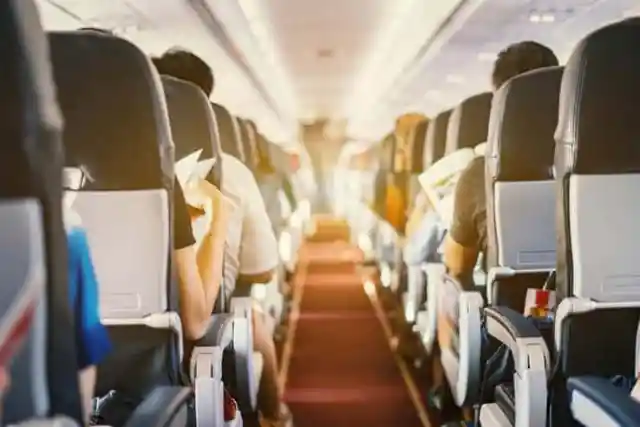
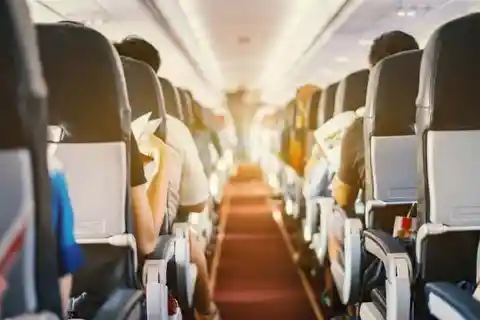
This is for a number of reasons, the most important being that if a person is very anxious, the attendant will try everything to help relieve whatever may be the cause.
Presence
One of the very first things a flight attendant notices about each passenger is their general presence. This means how well-groomed and dressed they are.


Everyone wants once in a while a business class upgrade, but it is super difficult and rare once you are on the plane. Your chances will be better if you are well-dressed and polite to the flight attendants.
Fidgeting
After the first impression that the flight attendant gets about you, they will proceed to judge you.


Whether you are playing with a headphone cord, eating, or carrying a sophisticated book, or whatever it is that you are doing, the flight attendant will notice this and use it to make your experience a better one.
How You Greet Them
Your greeting and first verbal interaction with the flight attendants are essential to gain a good impression.
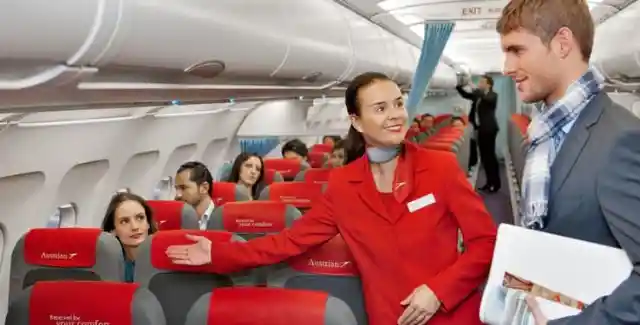
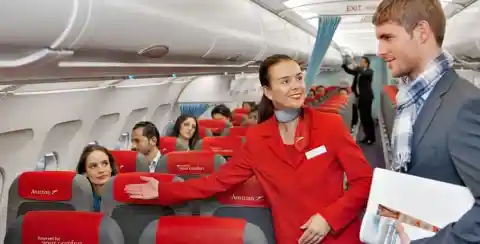
Even though they are unlikely to remember each passenger by name, a smile, eye contact, and a positive greeting will earn your place in the good books if a class upgrade or enhanced meal choice comes up.
Fitness
Flight attendants will also judge your physique and fitness in the event that a mid-air emergency was to occur, as safety at 35,000 feet is paramount.


Nonetheless, air emergencies are not common at all, as 9.9 times out of 10, no one will be called to help. Flight attendants will examine and label the passengers as “fit to help” or “unfit to help.”
Age
Flight attendants are trained to accurately measure how many unaccompanied minors are on board and act accordingly, as flying for the first time is a scary event.


Firstly, many flight attendants, especially on long-haul flights, like to personalize each passenger's flight in their section. This can mean handing out coloring books to young children or newspapers to business people. The second reason why age is important is for safety precautions.
Health During Flight
As important as the passengers' fitness to help in a mid-air emergency is the general health of passengers during a flight. Even though we have to share a plane with 200 people for the flight, it also is a potential hazard for a sickness to spread.


This is why flight attendants look for potential signs and symptoms in a person that could pose a health risk, like a faint skin tone, deliriousness or heavy fatigue.
Intoxication
One of the first things that flight attendants notice is if a passenger is intoxicated, both by sight and smell. When this happens, the crew is put on high alert, as they know the situation can become volatile at any point.


Keep this in mind before you have that last drink at the bar; a flight attendant has every right to refuse entry to passengers who might threaten the crew or the other passengers.
State of Mind
A passenger may not look like a risk, but a person’s health must be treated with care and priority. Unfortunately, some passengers think it is okay to board the plane while in a negative state of mind.


Flight attendants are highly trained to deal with unruly passengers, and this reigns true as some people place themselves and others at risk while flying intoxicated or another not ideal state of mind.
Appreciation
The Active Times suggests showing flight attendants appreciation for their hard work that is done behind the scenes, as this will go a long way to earning their care.


Flight attendants really do work hard to make sure that every passenger has a smooth and comfortable flight.
Amount Of Luggage
After the flight attendants examine our looks, physique, demeanor, age and health, they inspect our luggage. Neither the attendants nor other passengers like a person who brings a big carry-on that fills up the entire overhead bin.
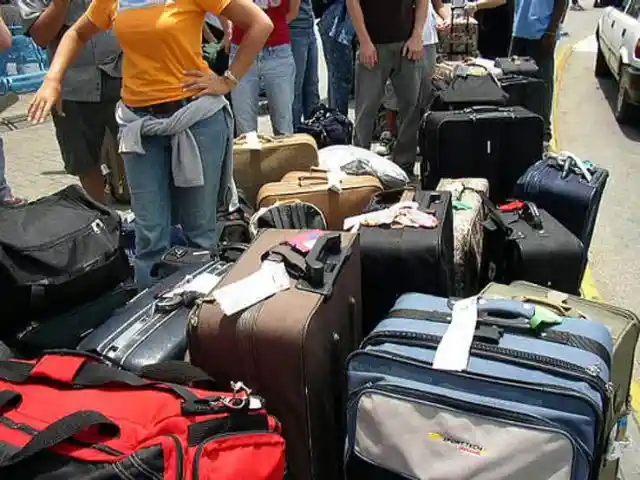
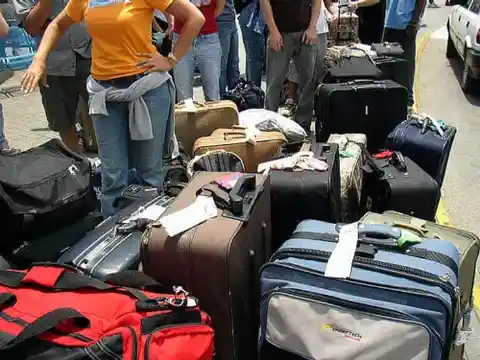
Oversized carry-on baggage not only affects departure times and cabin organization, but it can also pose a safety threat as heavy bags may fall out of the over-head at any time.
Frequent Flyers
Almost on every flight, there are frequent flyers. Even though this is pretty normal, flight attendants can't possibly remember every name. Nevertheless, they research the passengers and have a faint idea who is a member of their program.
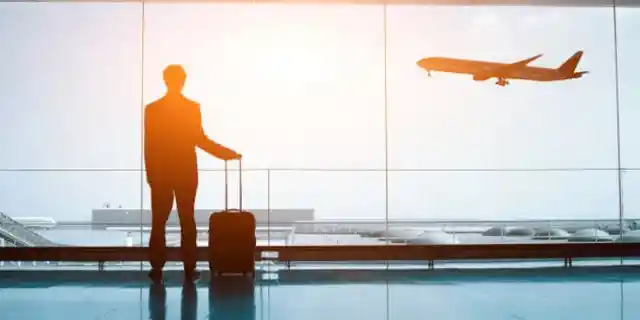

Multiple flight attendants have explained that it is usually the low-tier members who expose their bag tags and not those who have a gold or platinum status.
Being Selfless
Assisting a fellow passenger with lifting bags into the overhead compartments, or helping them to be seated, will pay its dividends and earn the respect of the flight attendants.
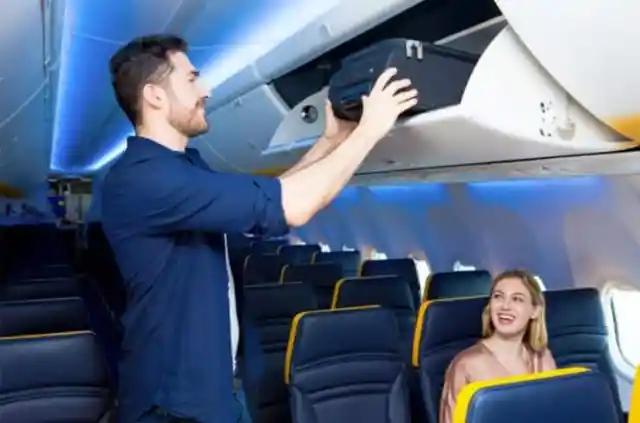
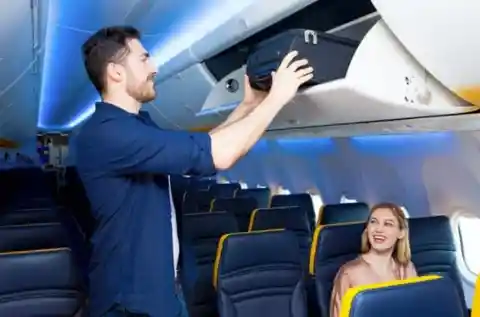
These acts of kindness make a stranger’s day, and flight attendants usually note those actions in their mental notepad.
Reading Material
In case of emergency, the flight attendants and the rest of the crew are always looking for additional help. Hence, they will keep an eye out for doctors, nurses, and first responders.


As passengers won’t announce their occupations upon boarding, the flight attendant will take clues from what they might be reading, such as medical journals or magazines.
Bringing Your Own Food
Bringing your own food to a flight shows awareness because unless you are lucky enough to be in a position that your meals are cooked upon order on the flight, your meal will be prepared 12 hours beforehand.


Bringing your own food aboard shows the flight attendants that you are on the ball and that you care about your health and well-being.
Emergency Row
Sitting in an emergency row means extra legroom; however, it also comes with great responsibility.


At check-in, the agent will usually allocate the emergency rows to non-disabled passengers who are 16 years of age or above or to passengers who have paid extra for the luxury.
Accessibility
Sometimes, people with disabilities require extra legroom, but if the passenger is not non-disabled for whatever reason, he or she may be relocated out of the emergency exit aisle.
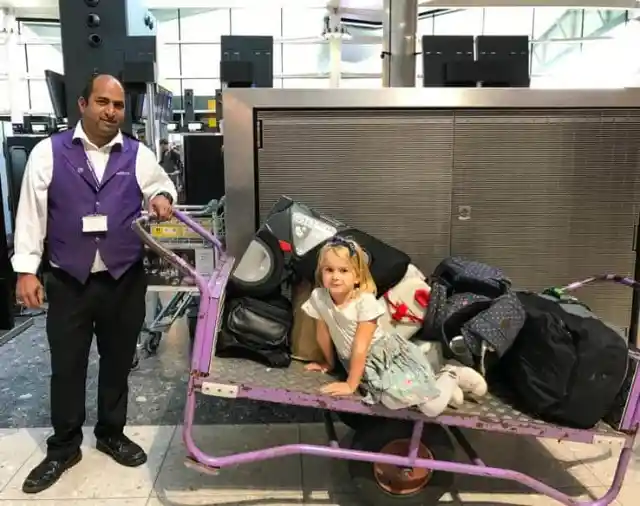
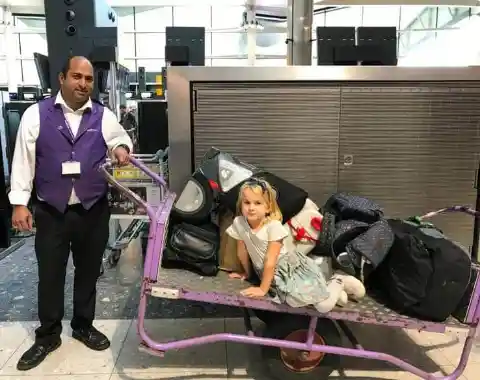
Flight attendants must also note this because they will be paired with a non-disabled person, discretely picked out upon boarding, to assist them in the case of an emergency.
Contraband Items
Passengers will try at anything to make themselves more comfortable, even if it means putting the safety of the flight at risk.
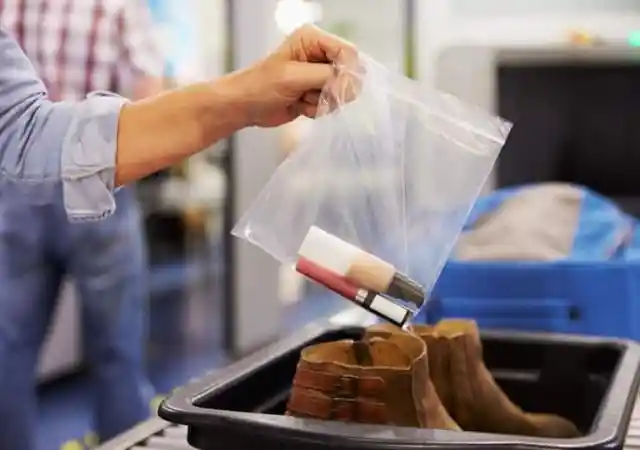

Some passengers have been known to try and smuggle their beloved pets to the flight in none other than handbags and purses. Therefore flight attendants must remain focused, even during the most stressful part of the flight, boarding.
Your Companion
In order to further enhance the personalization of the flight experience, attendants will monitor who is boarding with who. If there is an individual or a couple, or a young family, the goal is to seat everyone together.
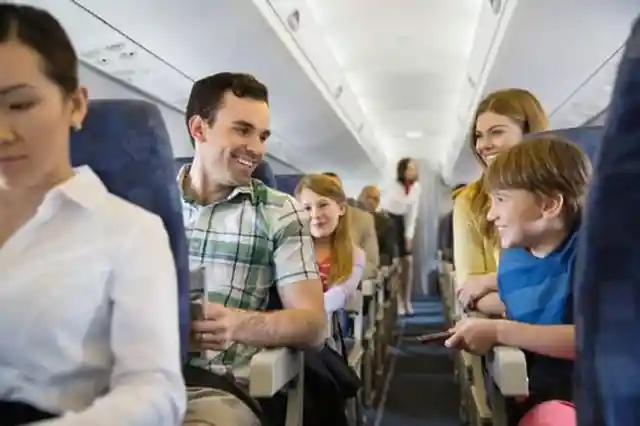

While this may seem like an easy task, tossed in among the rest of the factors which contribute to a safe flight, they must remain vigilant.
Questionable Characters
No one likes the look of a questionable character, especially when it comes to air transport. Flight attendants are specifically trained to pick these people out and keep a very watchful eye if anything seems just a little bit off.
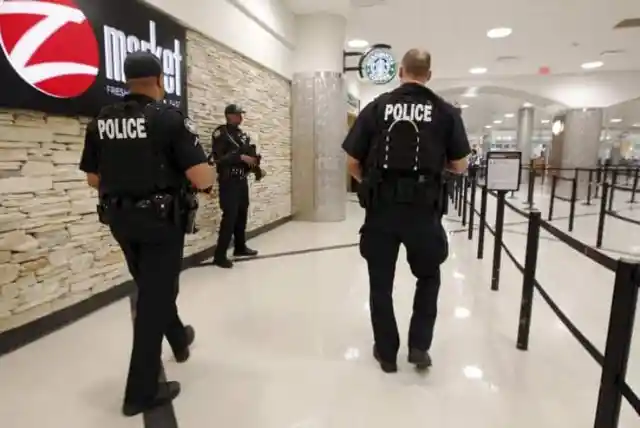
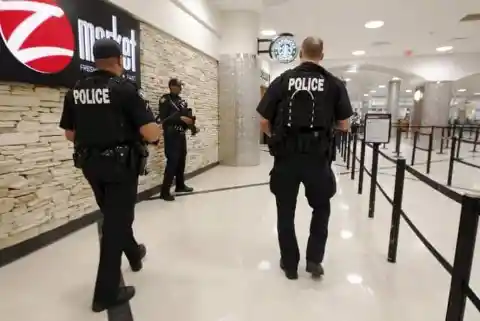
While there is a slim chance of coming in to contact with one past customs and security, they do slip through and could cause you or someone else to be suspicious.
Jewelry
In addition to your appearance, jewelry is one of the first things that flight attendants notice.


More specifically, hanging jewelry and clothing which can be a safety concern in an emergency. One flight attendant told the website they can tell where most passengers are heading by the way they are dressed.
Older Adults
Flight attendants may pick passengers from the crowd who may need a helping hand. Although some selfless souls on board are willing to help, maybe they are not in the right place at the right time.
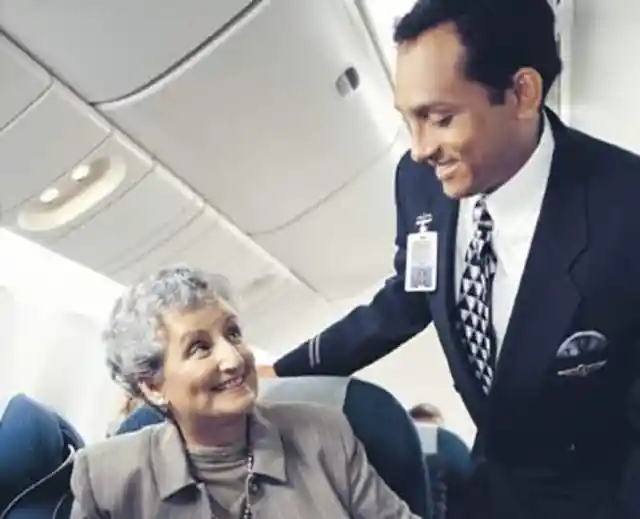
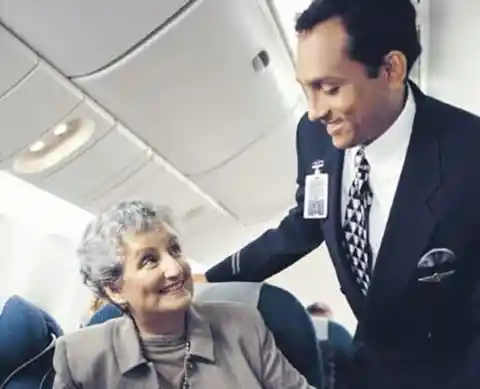
Stewards will help these passengers. Usually, older adults, with whatever they need and are more than willing to accommodate any special requirements.
Pregnancies
Flight attendants are always on the lookout for pregnant people, as it is both a wonderful but stressful time. They estimate how many weeks pregnant someone is and whether it is safe for them and the other passengers that they fly.
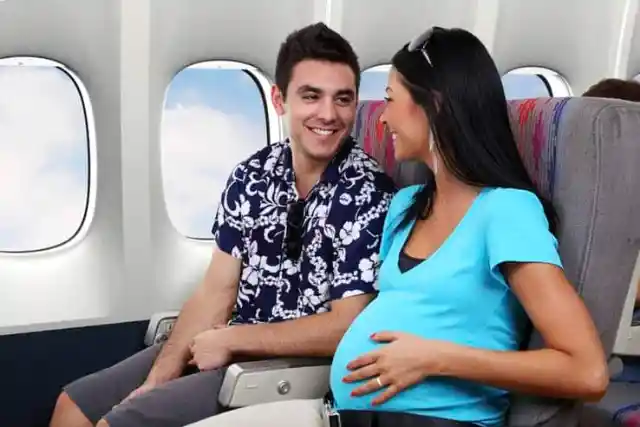
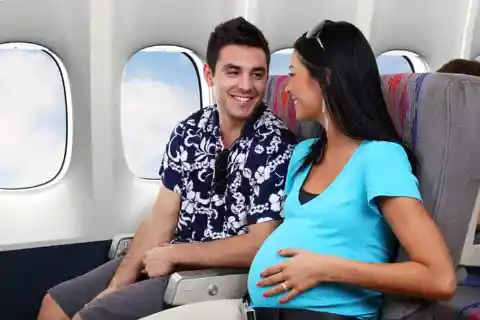
Usually, after a certain number of weeks, a pregnant person is legally required to carry a note proving they are fit to fly.
Respect
If you want to have a seamless and comfortable flight, it is not hard, just being a decent human, being respectful, groom yourself, make eye contact and help others around you.
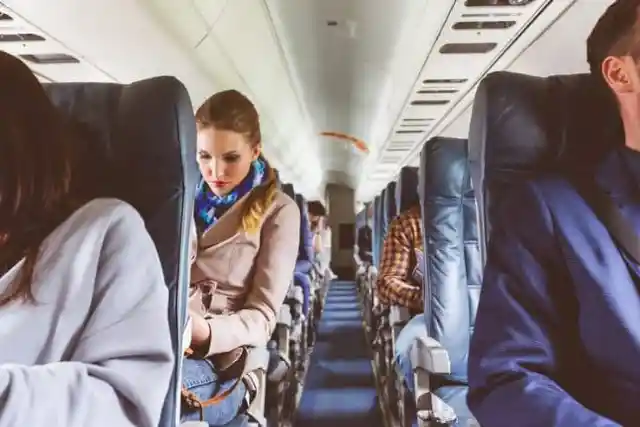
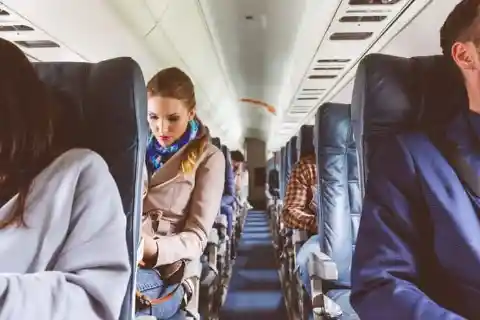
Above all, flight attendants just want passengers to pay the same respect to them as they do to you because they are humans too.
Emergencies
Air pressure and altitude can affect healthy passengers, but even more so those who aren’t.
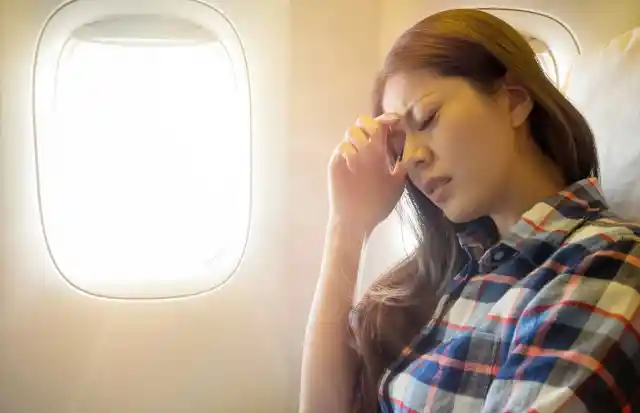

The crew wants to avoid a medical emergency at all costs, especially mid-flight, so once the door closes, they will pay special attention to the passengers who look under the weather.
Kindness
Flight attendants usually have long working days, so if every passenger greets them with a smile and a simple hello, those gestures can make their days better.
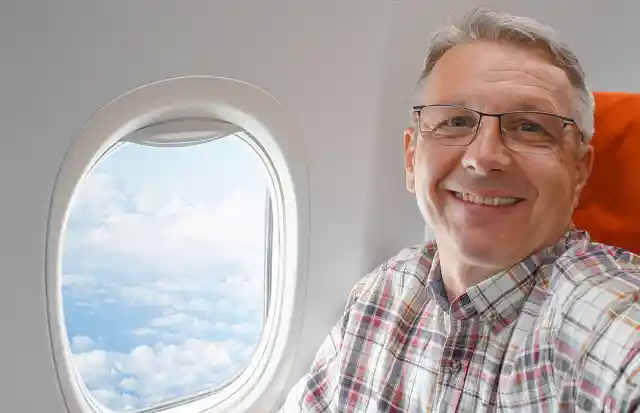

Only they will know how uncivilized 35,000 feet up can get. And sometimes, being nice with a simple thank you can pay off with an extra snack or drink on the house.
Nervousness
Before passengers board, flight attendants are vigilant about a passenger’s general disposition or mood.
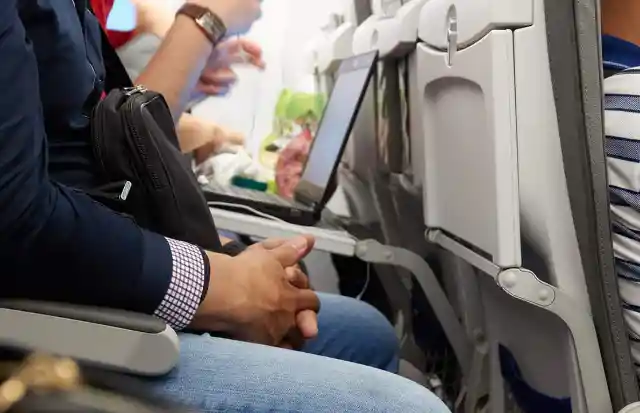
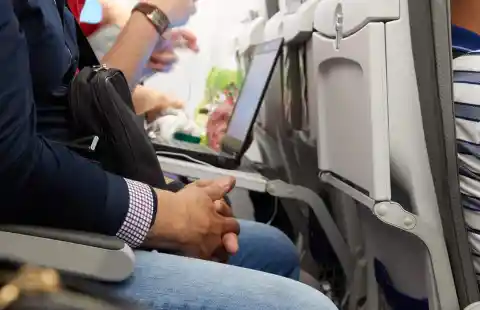
Unusual behavior may indicate a highly agitated passenger because he or she may not be used to flying. A panic attack in mid-air can be a tough situation.
Eye Contact
The crew of a plane will notice if you avoid eye contact while boarding or being asked a question from the attendant after being seated.


Eye contact is also a major thing flight attendants notice as it shows them that you respect their presence. They really do appreciate that.
Talking To Them
Amy Danish, a flight attendant for Virgin, revealed that when she says hello to a passenger, and that passenger responds, she immediately thinks, “wow, that person is really nice.”
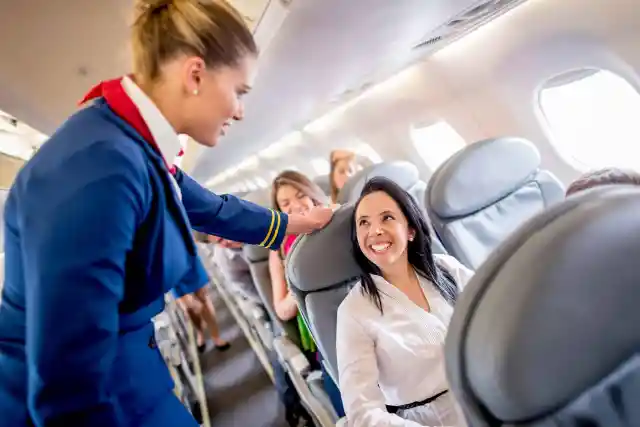
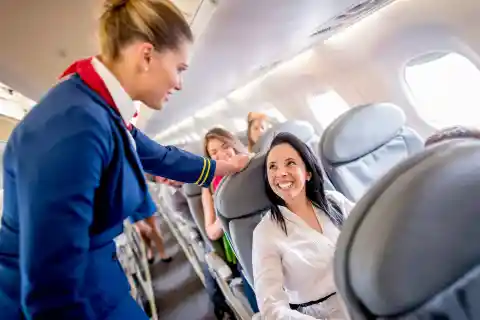
She added that if she ever needed help with something, she would probably ask the nice passenger. And that if a passenger ever needs help from her, she’ll probably go above and beyond the call of duty for a nice passenger.
Fellow Airline Employee
If flight attendants know that other employees are on their flight, they fly a little more confidently, as they will be an invaluable resource if an emergency arises.
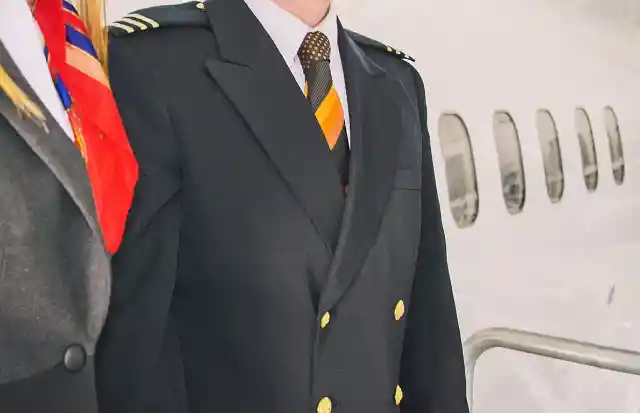
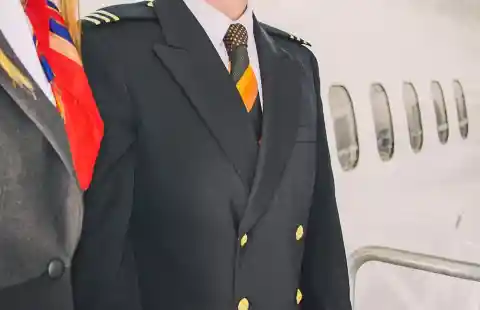
Fellow flight attendants will let the crew know who they are and what seat they will be in.